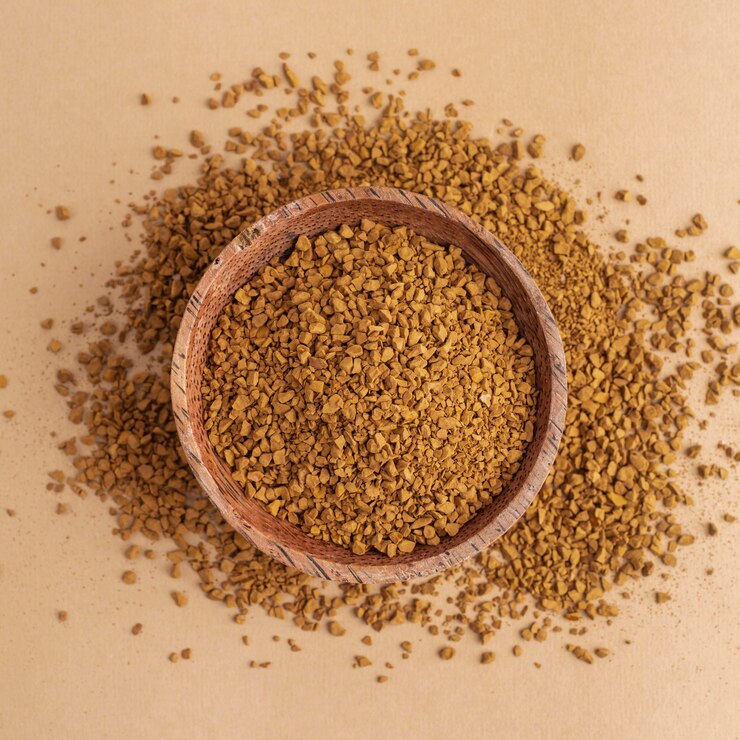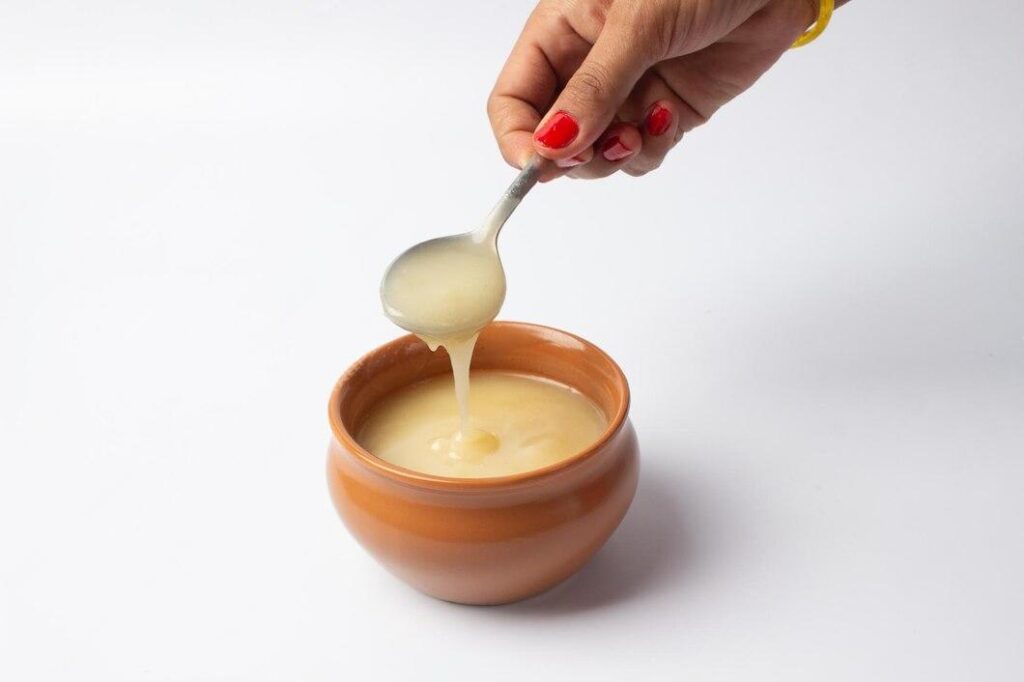Health benefits of fenugreek seeds;
Fenugreek seeds are small, golden-brown seeds with a slightly bitter taste. They come from the fenugreek plant, which is widely grown in parts of Asia and the Mediterranean. These seeds are packed with nutrients and have been used for centuries in traditional medicine. In this article, we will explore the numerous health benefits of fenugreek seeds. We will use clear headings and subheadings to organize the information, and we will break down the benefits into simple, easy-to-understand points.

Nutritional Profile
Fenugreek seeds are a powerhouse of essential nutrients. They contain:
- Vitamins: A, B6, C, and K
- Minerals: Iron, magnesium, manganese, copper, and calcium
- Fiber: High fiber content
- Protein: A good plant-based protein source
These nutrients contribute to the seeds’ various health benefits.
Digestive Health
Promotes Healthy Digestion
Fenugreek seeds are rich in fiber, which aids digestion. Fiber adds bulk to the stool, making it easier to pass and reducing constipation. Additionally, the seeds contain compounds that stimulate the production of digestive enzymes.
Reduces Acid Reflux
The mucilage in fenugreek seeds coats the lining of the stomach and intestines. This coating helps soothe inflammation and reduce acid reflux symptoms.
Blood Sugar Control
Regulates Blood Sugar Levels
Fenugreek seeds have a low glycemic index, which means they have a minimal impact on blood sugar levels. The seeds contain soluble fiber, which slows down the absorption of carbohydrates. This process helps maintain steady blood sugar levels.
Benefits for Diabetics
Several studies have shown that fenugreek seeds can help manage diabetes. They improve insulin sensitivity and lower fasting blood sugar levels. Including fenugreek seeds in the diet can be particularly beneficial for people with type 2 diabetes.
Heart Health
Lowers Cholesterol Levels
Fenugreek seeds can help lower cholesterol levels. The soluble fiber in the seeds binds to cholesterol in the digestive system, preventing its absorption into the bloodstream. This action reduces the levels of bad cholesterol (LDL) while increasing good cholesterol (HDL).
Reduces Risk of Heart Disease
By lowering cholesterol levels and improving blood sugar control, fenugreek seeds contribute to a healthier heart. They also contain antioxidants that protect the heart from damage caused by free radicals.
Weight Management
Aids in Weight Loss
The high fiber content in fenugreek seeds promotes a feeling of fullness. This feeling reduces overall calorie intake, which can aid in weight loss. Additionally, the seeds help regulate metabolism and reduce fat accumulation.
Suppresses Appetite
Fenugreek seeds contain compounds that suppress appetite. These compounds help control hunger and reduce the urge to overeat, making it easier to stick to a healthy diet.
Skin and Hair Benefits
Improves Skin Health
Fenugreek seeds have anti-inflammatory and antibacterial properties. These properties help treat skin conditions like acne and eczema. The seeds also contain antioxidants that protect the skin from damage and promote a healthy complexion.
Enhances Hair Growth
Fenugreek seeds are rich in proteins and nicotinic acid, which strengthen hair roots and stimulate hair growth. They also help combat dandruff and scalp irritation, promoting healthier hair.
Women’s Health
Eases Menstrual Discomfort
Fenugreek seeds can help alleviate menstrual pain. They contain compounds that have a pain-relieving effect and help reduce cramps and discomfort during menstruation.
Supports Lactation
For nursing mothers, fenugreek seeds can help increase milk production. The seeds contain phytoestrogens that stimulate milk flow. However, it’s important to consult a healthcare provider before using fenugreek seeds for this purpose.
How to Use Fenugreek Seeds
In Cooking
Fenugreek seeds are commonly used in cooking. They add a unique flavor to dishes and can be used whole or ground. Popular ways to use them include:
- Spices: Add to curry powders, spice blends, and pickles.
- Soaked: Soak seeds overnight and add to salads or yogurt.
- Sprouted: Sprout seeds and use in sandwiches and salads.
As a Supplement
Fenugreek seeds are available in various supplement forms, including capsules, powders, and extracts. Always follow the recommended dosage on the product label or consult a healthcare provider.
Herbal Teas
Make a soothing herbal tea by steeping fenugreek seeds in hot water. This tea can be enjoyed daily to reap the health benefits.
Precautions and Side Effects
Potential Side Effects
While fenugreek seeds are generally safe, they can cause side effects in some people. Common side effects include:
- Digestive Issues: Gas, bloating, and diarrhea.
- Allergic Reactions: Skin irritation or respiratory issues in sensitive individuals.
- Pregnancy: High doses may induce labor; consult a doctor before use.
Interactions with Medications
Fenugreek seeds can interact with certain medications, including blood thinners and diabetes medications. Always consult a healthcare provider before adding fenugreek seeds to your routine, especially if you are on medication.
Conclusion
Fenugreek seeds are a versatile and nutritious addition to any diet. Their benefits range from improved digestion and blood sugar control to enhanced skin and hair health. While generally safe, it’s important to use them in moderation and consult a healthcare provider if you have any concerns. By incorporating fenugreek seeds into your daily routine, you can enjoy a natural way to boost your overall health and well-being.
Health benefits of fenugreek seeds
Read more:


Useful info. 👍